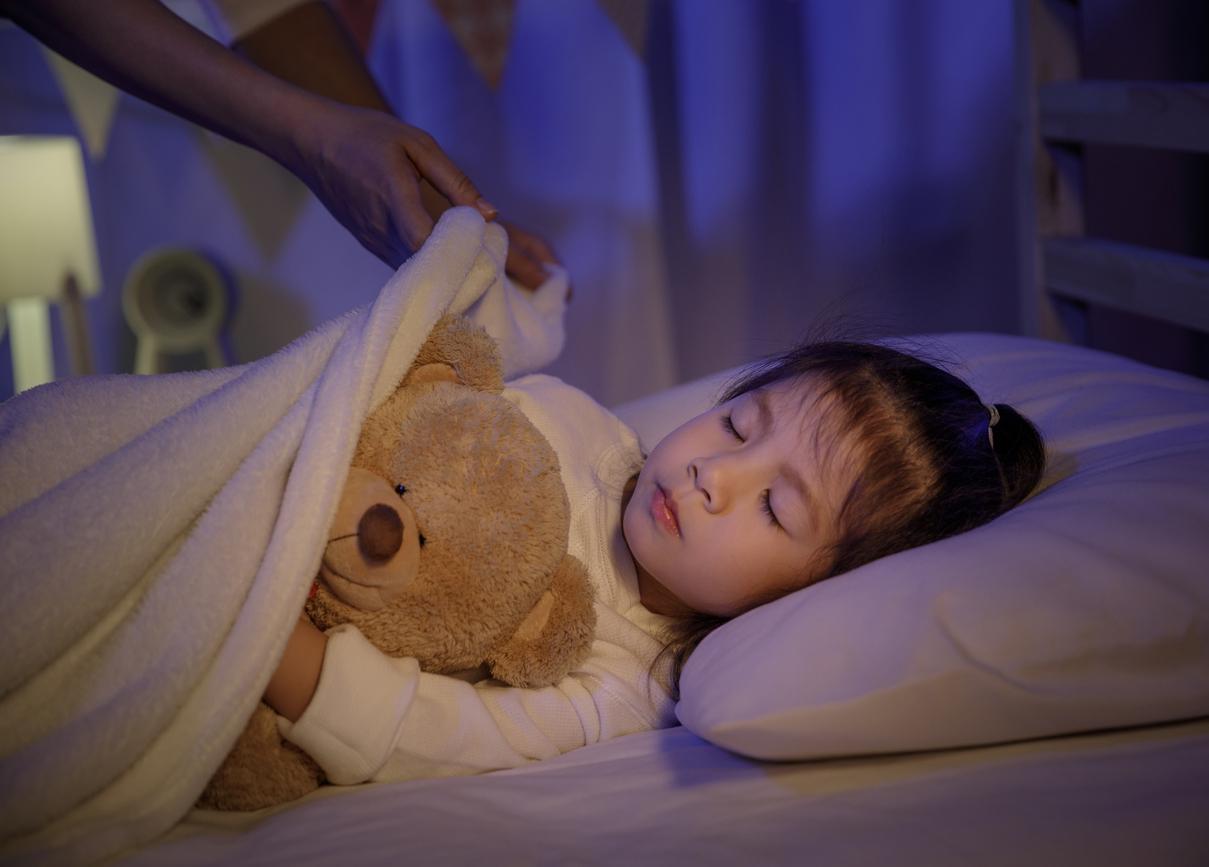20 to 30% of the population complains of sleep disorders. A problem that could have far more serious consequences than just lacking sleep or being tired when you wake up. Indeed, scientists at the University of California at San Francisco in the United States have shown a clear link between sleep disturbances and the risk of atrial fibrillation. However, this heart disorder is a major risk factor for strokes (Cerebral Vascular Accident), heart attacks and other complications concerning the heart. The scientists jointly analyzed data from three studies on sleep quality and cardiovascular health involving more than 14 million people over several years.
They recently presented the preliminary results of their research at the 2016 American Heart Association Scientific Session:
– Disturbed sleep increases the risk of atrial fibrillation, even in the absence of obstructive sleep apnea, which is already known to cause similar effects.
– Frequent nocturnal awakenings increase the risk by 28% compared to people who wake up little at night.
– Insomnia (difficulty falling asleep, insufficient or poor quality sleep) increases this risk by 29%.
The importance of REM sleep
The exploration of the data also leads to another observation: the structure of sleep has its role to play in this risk of atrial fibrillation. A lack of REM sleep – a period during which the body is in high brain activity visible in dreams – increases the risk. The researchers put forward two hypotheses to explain these correlations. Sleep may influence the autonomic nervous system, which is involved in controlling the heart and blood pressure. Another possibility: frequent awakenings would add stress to the heart. If the exact process is not yet well known, these results confirm for their authors the need for good quality sleep. First advice to give if this is not your case: practice regular physical activity, create a bedtime ritual and reduce your caffeine intake.
To read also
The quality of sleep affects the quality of life
Infographic: all you need to know about sleep
Women’s sleep is not matched to men’s
















